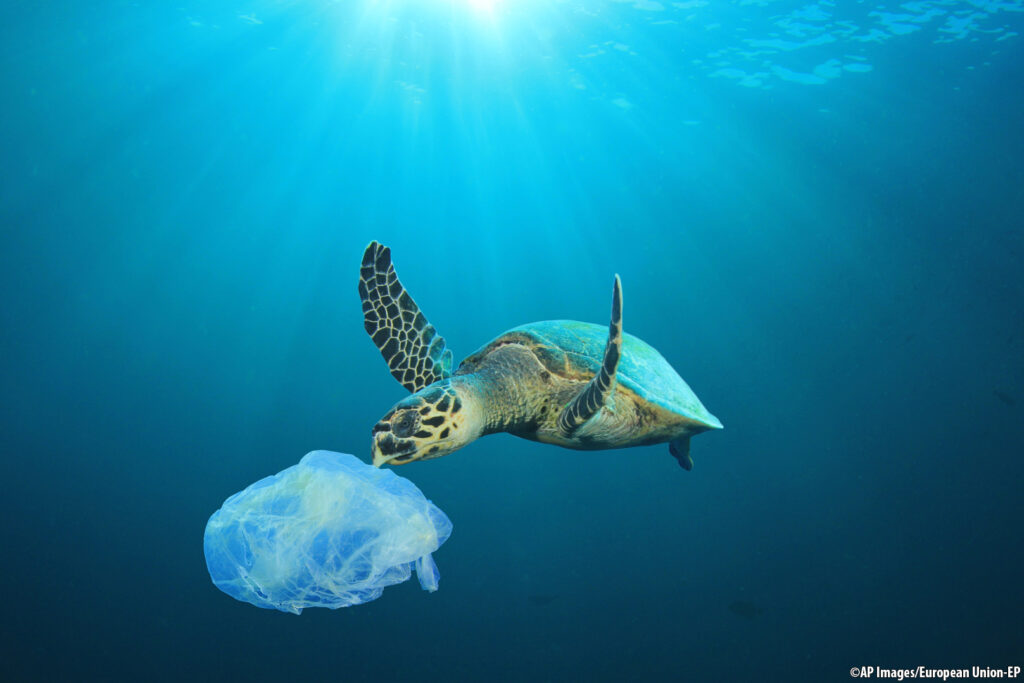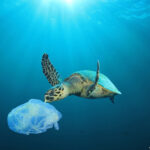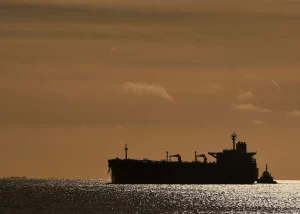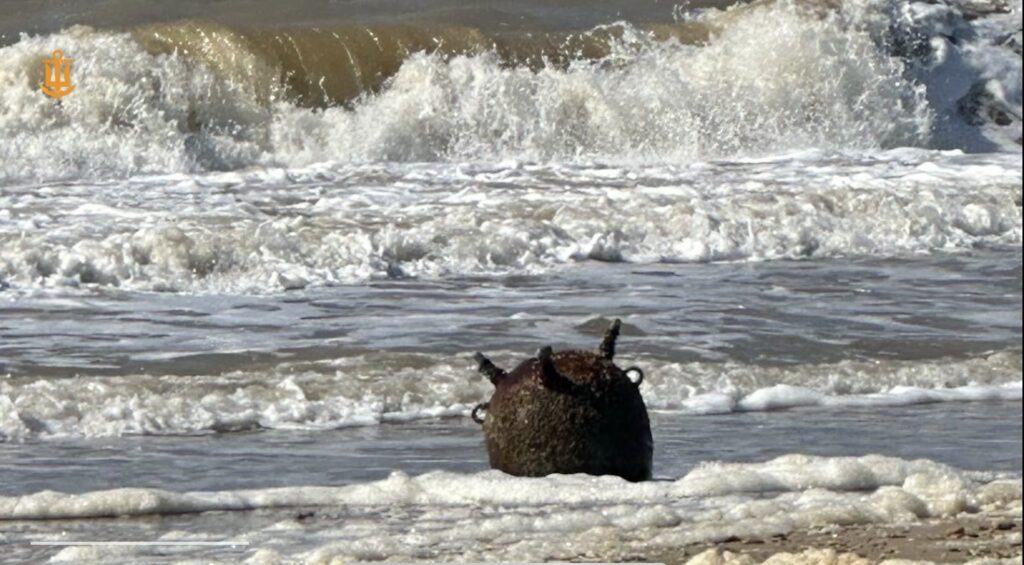Russia blocked measures against plastic pollution in the UN

At the UN session, countries failed to agree on combating plastic pollution.
Representatives of almost 200 countries failed to reach an agreement on strengthening measures to combat plastic pollution at the 5th session of the UN Intergovernmental Committee. This is reported by Bloomberg.
The UN session was held in the South Korean city of Busan. The negotiations, which began in 2022, were aimed at solving problems related to the growth of plastic waste. According to forecasts by the Organization for Economic Cooperation and Development, plastic production could increase by 60% – to 736 million tons in 2040.
This time, the negotiations were again delayed due to the blocking of progress by a small group of countries, mainly oil-producing states, including Russia and Saudi Arabia. They opposed the new restrictions, arguing that issues related to limiting production and chemicals allegedly go beyond the mandate of the Committee.
According to the UN, the annual cost of plastic pollution is about 2.2 trillion dollars, of which 1.5 trillion is damage to ocean ecosystems. In response, the UN Assembly in March 2022 adopted a resolution to stimulate international efforts to develop plastic substitutes and reduce plastic pollution.
At the same time, plastic pollution affects all levels of the economy, from tourism to fishing, and requires huge costs to maintain waste disposal infrastructure. Plastic in the waters can clog ship cooling systems, leading to disruptions in the maritime industry, and also threatens the integrity of sewage systems, increasing the risk of flooding.
Most countries support the idea of creating a legally binding international treaty that would include regulating hazardous chemicals, limiting their production and consumption, and phasing out single-use plastic products such as cutlery. USM previously reported that the so-called Great Pacific Garbage Patch has reached record sizes. New research shows an exponential increase in the concentration of plastic, posing a threat to ocean ecosystems and the global carbon cycle.





